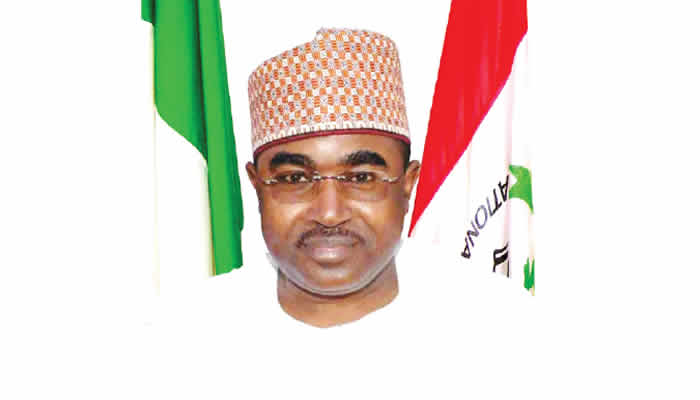The National Drug Law Enforcement Agency and the Economic Community of West African States have decried the loss of manpower and youth productivity to substance abuse, warning that the trend threatens Nigeria’s economy and regional development.
NDLEA and ECOWAS championed a data-driven approach to drug abuse challenges in the country at a capacity-building workshop held in Lagos on Tuesday for Desk Officers of the Nigeria Epidemiology Network on Drug Use from the 37 NDLEA treatment centres nationwide.
Director of Drug Demand Reduction, NDLEA, Dr Ngozi Madubuike, said the 2018 National Drug Use Survey revealed that 14.3 million Nigerians were using psychoactive substances, excluding alcohol and tobacco. She added that 376,000 persons had drug use disorders and were in contact with treatment centres.
“These are mostly young people between 25 and 39 years old. When such people are on drugs, it affects everything that has to do with the nation. They are in their productive years, and when they are not productive, it impacts the economy,” she said.
Madubuike warned that the economic toll of drug abuse would worsen if the trend was not tackled urgently. She said, “When you have low productivity from young people, or they have mental or health issues, or engage in social vices, they won’t be productive. It will affect the economy. Drug trafficking also affects local producers because traffickers conceal drugs in goods and sell them cheaper than genuine businessmen.”
Head of the ECOWAS Drug Prevention and Control Division, Dr Daniel Amankwaah, stressed the need for credible data to fight the drug menace. He explained that the West African Epidemiology Network on Drug Use relies on country-level networks like NENDU to track drug trends, emerging substances, and their consequences.
Amankwaah explained, “Drug abuse is linked to terrorism, violence, and crime. If we reduce drug abuse, we will reduce these challenges. The manpower loss alone is a major economic factor. We are losing young people with good brains who could have driven regional development.”
He noted that ECOWAS would provide laptops, desktops, scanners, and photocopiers to NDLEA centres to strengthen data collection and transmission.
Meanwhile, Chairman/Chief Executive Officer of the NDLEA, Buba Marwa, represented by the NDLEA Director of Drug Demand Reduction Madubuike, said the NENDU system was vital in generating timely and reliable data to inform drug prevention, treatment, and policy.
Marwa stated that in a rapidly evolving drug landscape, the need for timely, accurate, and actionable data has never been more critical. “The quality of data you generate directly impacts national planning and policy,” he remarked.
Director of Humanitarian and Social Affairs at the ECOWAS Commission, Dr Sintiki Ugbe, represented by the ECOWAS Drug Prevention and Control Division Chief Amankwaah, said the workshop aimed to build the technical capacity of NENDU focal points in data collection, validation, and analysis.
She said, “Reliable and up-to-date data are vital to guide policy and evidence-based programming. The stronger the member states’ drug data collection system, the stronger the regional data will be.”
Ugbe added that while this year’s training focused on NDLEA treatment centres, a similar exercise in 2026 would target other drug treatment facilities, particularly those run by the Federal Ministry of Health.
NDLEA and ECOWAS urged the Desk Officers to take ownership of the NENDU system and ensure the data generated was credible, as the quality of national and regional responses depended on it.















